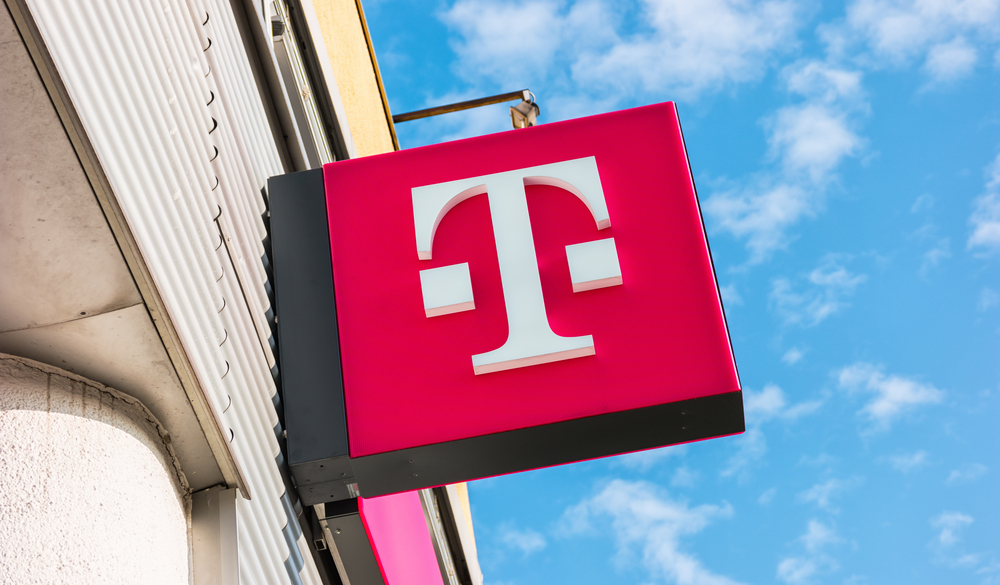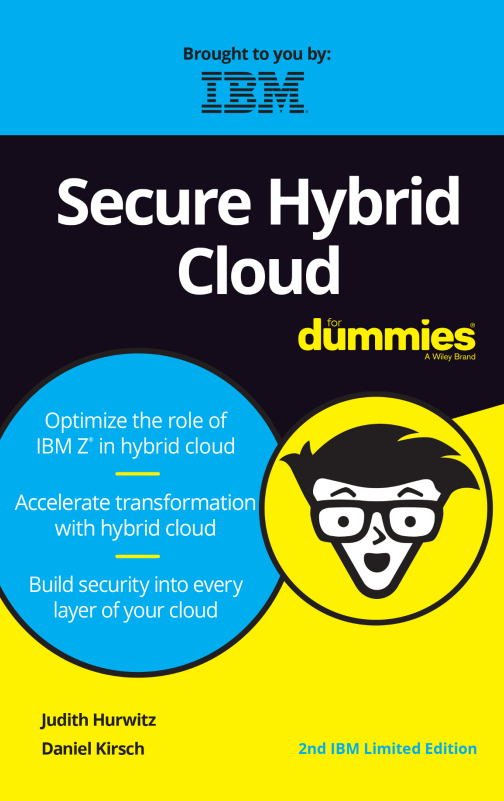LAPSUS$ breached T-Mobile systems, stole source code
T-Mobile has denied that the hackers obtained customer or government information


Sign up today and you will receive a free copy of our Future Focus 2025 report - the leading guidance on AI, cybersecurity and other IT challenges as per 700+ senior executives
You are now subscribed
Your newsletter sign-up was successful
The LAPSUS$ hacking collective managed to breach T-Mobile systems using employee credentials and downloaded more than 30,000 of the company’s source code repositories.
This is according to evidence obtained by investigative reporter Brian Krebs, who detailed the data breach on his KrebsOnSecurity blog.
LAPSUS$ members accessed T-Mobile's internal company tools on several occasions in March, using T-Mobile VPN credentials purchased through the dark web, including a stolen data trading platform known as the Russian Market.
Conversation screenshots obtained by Krebs show how easy it was for the hackers to find new login credentials in the case that a targeted employee had changed their password, using SIM-swapping to bypass two-factor authentication. LAPSUS$ member ‘Amtrak’ had detailed to a member known as ‘White’, who has been using the Lapsus Jobs account, how they had found a new T-Mobile employee account to target, allowing them to access the company’s Slack communications.
‘White’, also known as ‘WhiteDoxbin’ and ‘Oklaqq’, is an Oxford-based teenager who was one of the LAPSUS$ members arrested and charged in late March. He is believed to be one of the leaders of the hacking group, despite his young age – estimated to be 16 or 17 years old at the time of the attacks.
Screenshots obtained by Krebs seem to hint that the hackers’ legal guardians are aware of criminal activity, with ‘Amtrak’ telling ‘White’: “Parents knkw [sic] I simswap [sic]”.
RELATED RESOURCE

Apart from T-Mobile’s Slack channels and Bitbucket source code repository, LAPSUS$ also managed to gain access to the company’s customer account management platform Atlas.
Sign up today and you will receive a free copy of our Future Focus 2025 report - the leading guidance on AI, cybersecurity and other IT challenges as per 700+ senior executives
Despite this, T-Mobile has stated that “the systems accessed contained no customer or government information or other similarly sensitive information, and we have no evidence that the intruder was able to obtain anything of value”.
“Several weeks ago, our monitoring tools detected a bad actor using stolen credentials to access internal systems that house operational tools software. Our systems and processes worked as designed, the intrusion was rapidly shut down and closed off, and the compromised credentials used were rendered obsolete,” the company told KrebsOnSecurity.
This is the third known data breach for T-Mobile in 15 months, following an incident affecting around 200,000 customers in January 2021 and 47.8 million customers in August 2021. The company also fell victim to three other breaches between 2018 and 2020.
Commenting on the news, Mike Newman, CEO of identity & access management (IAM) solution provider My1Login told IT Pro that “this latest breach on T-Mobile is yet another example of how attackers are relying on credential theft to carry out ransomware attacks”.
“Today all ransomware gangs, from BlackCat to LAPSUS$ to DarkSide have been relying on compromised user accounts to gain an initial foothold on an organisation’s network and then turn off security controls, steal data and deploy ransomware. This means to fight back against these attacks we need to focus on improving the security of user credentials and passwords, so they can’t be stolen or socially engineered out of victims in the first place,” he added.
Having only graduated from City University in 2019, Sabina has already demonstrated her abilities as a keen writer and effective journalist. Currently a content writer for Drapers, Sabina spent a number of years writing for ITPro, specialising in networking and telecommunications, as well as charting the efforts of technology companies to improve their inclusion and diversity strategies, a topic close to her heart.
Sabina has also held a number of editorial roles at Harper's Bazaar, Cube Collective, and HighClouds.
-
 Google issues warning over ShinyHunters-branded vishing campaigns
Google issues warning over ShinyHunters-branded vishing campaignsNews Related groups are stealing data through voice phishing and fake credential harvesting websites
-
 Thousands of Microsoft Teams users are being targeted in a new phishing campaign
Thousands of Microsoft Teams users are being targeted in a new phishing campaignNews Microsoft Teams users should be on the alert, according to researchers at Check Point
-
 Microsoft warns of rising AitM phishing attacks on energy sector
Microsoft warns of rising AitM phishing attacks on energy sectorNews The campaign abused SharePoint file sharing services to deliver phishing payloads and altered inbox rules to maintain persistence
-
 Warning issued as surge in OAuth device code phishing leads to M365 account takeovers
Warning issued as surge in OAuth device code phishing leads to M365 account takeoversNews Successful attacks enable full M365 account access, opening the door to data theft, lateral movement, and persistent compromise
-
 Amazon CSO Stephen Schmidt says the company has rejected more than 1,800 fake North Korean job applicants in 18 months – but one managed to slip through the net
Amazon CSO Stephen Schmidt says the company has rejected more than 1,800 fake North Korean job applicants in 18 months – but one managed to slip through the netNews Analysis from Amazon highlights the growing scale of North Korean-backed "fake IT worker" campaigns
-
 Complacent Gen Z and Millennial workers are more likely to be duped by social engineering attacks
Complacent Gen Z and Millennial workers are more likely to be duped by social engineering attacksNews Overconfidence and a lack of security training are putting organizations at risk
-
 Hackers are abusing ConnectWise ScreenConnect, again
Hackers are abusing ConnectWise ScreenConnect, againNews A new spear phishing campaign has targeted more than 900 organizations with fake invitations from platforms like Zoom and Microsoft Teams.
-
 Cyber teams are struggling to keep up with a torrent of security alerts
Cyber teams are struggling to keep up with a torrent of security alertsNews Fragmented identity security processes are creating blind spots, and the proliferation of tools doesn't help


